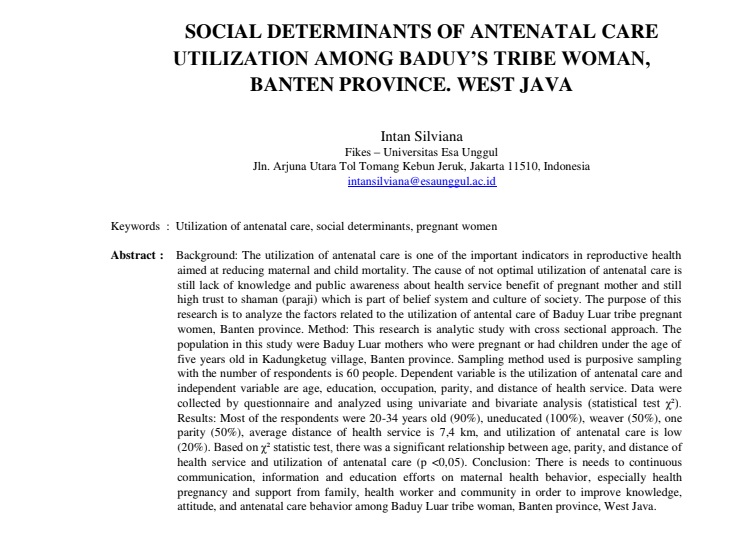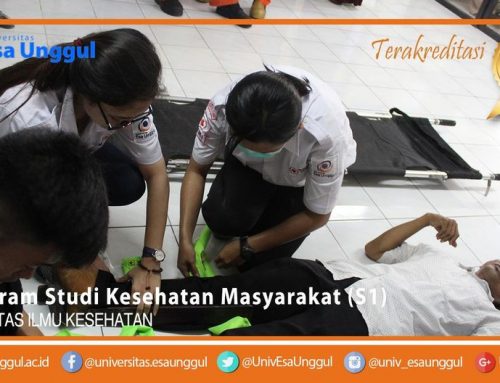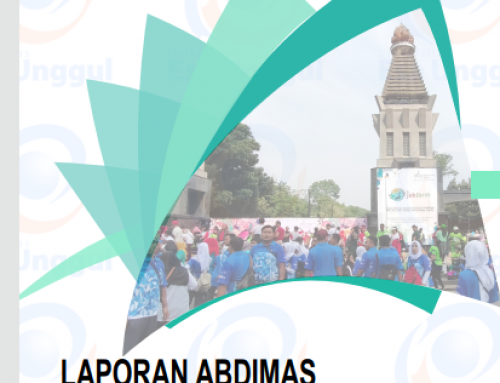Social Determinants Of Antenatal Care Utilization Among Baduy’s Tribe Woman, Banten Province. West Java
Description:
Background: The utilization of antenatal care is one of the important indicators in reproductive health aimed at reducing maternal and child mortality. The cause of not optimal utilization of antenatal care is still lack of knowledge and public awareness about health service benefit of pregnant mother and still high trust to shaman (paraji) which is part of belief system and culture of society. The purpose of this research is to analyze the factors related to the utilization of antental care of Baduy Luar tribe pregnant women, Banten province. Method: This research is analytic study with cross sectional approach. The population in this study were Baduy Luar mothers who were pregnant or had children under the age of five years old in Kadungketug village, Banten province. Sampling method used is purposive sampling with the number of respondents is 60 people. Dependent variable is the utilization of antenatal care and independent variable are age, education, occupation, parity, and distance of health service. Data were collected by questionnaire and analyzed using univariate and bivariate analysis (statistical test χ2). Results: Most of the respondents were 20-34 years old (90%), uneducated (100%), weaver (50%), one parity (50%), average distance of health service is 7,4 km, and utilization of antenatal care is low (20%). Based on χ2 statistic test, there was a significant relationship between age, parity, and distance of health service and utilization of antenatal care (p <0,05). Conclusion: There is needs to continuous communication, information and education efforts on maternal health behavior, especially health pregnancy and support from family, health worker and community in order to improve knowledge, attitude, and antenatal care behavior among Baduy Luar tribe woman, Banten province, West Java.
Author:
- Intan Silviana
Source:
International Conference on Recent Innovation 2018





